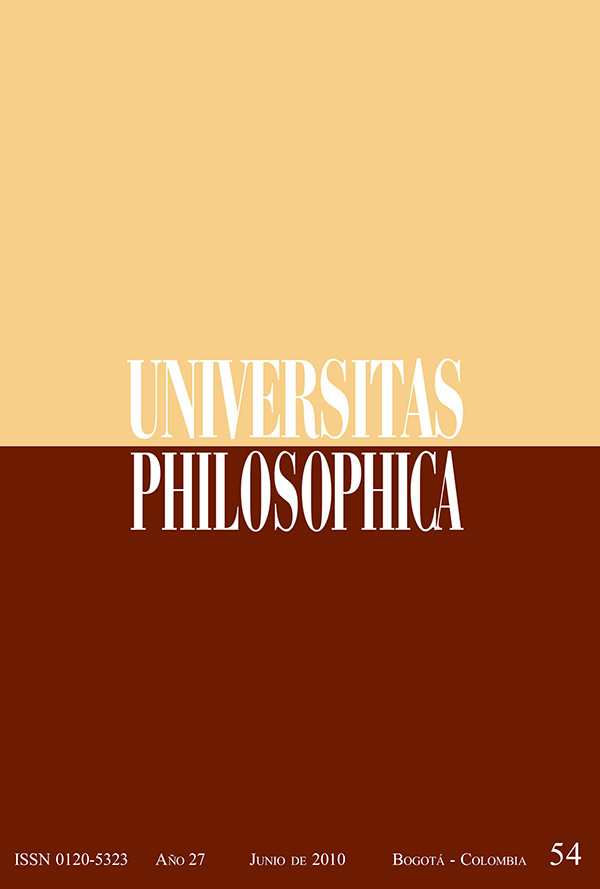The Divine after God's Death According to Nietzsche
##plugins.themes.bootstrap3.article.details##
Abstract
Nietzsche's notorious declaration of God's death and his consubstantial atheism seems to be out of question. However, a closer attention to his philosophy should brush this commonplace off to see him as a strange atheist. Had he really arrived at a conclusive position on the ultimate reality? His instinctive atheism is on behalf of a visceral rejection to give a face or to take possession of that faceless and unutterable divine by any particular religion. But, being rather against a ‘mono-tonous-theism’, Nietzsche shortens his distance from the infinite and the eternal and the ‘infinite fire’ in his defense of polytheism. Nietzsche would will and love the divine by itself, not as a redeemer or a savior, or a personal and incarnate guarantee; perhaps, the divine's transient dancing footprints and flashes; but, the divine both transcendent and immanent?
Keywords
Nietzsche, divine, God's death, atheism, religionNietzsche, lo divino, muerte de Dios, ateísmo, religión
References
How to Cite
Valadier, SJ, P. (2010). The Divine after God’s Death According to Nietzsche. Universitas Philosophica, 27(54). Retrieved from https://ojspuj.repositoriodigital.com/index.php/vniphilosophica/article/view/11077
Issue
Section
Articles


